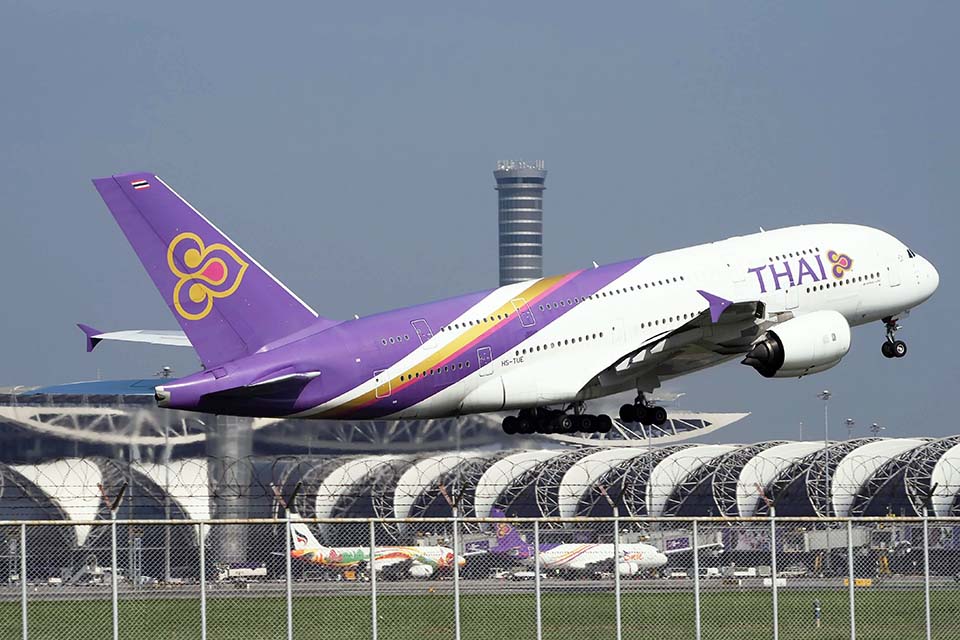
There have been some mixed responses from people in the Thai tourism sector since the new 300 baht tourism fee was launched. The majority said they can’t find a benefit from it for now.
President of the Thai Hotels Association Marisa Sukosol Nunbhakdi said the government should put off the fee until at least 2023 as the sector has to rebuild itself because of the impact of Covid-19. She said it is possible that the fee can cause a psychological impact on tourists, especially those who travel as a group and travelers who cross borders multiple times.
Mrs. Marisa said the idea of using the tourism fee to maintain and develop tourism sites is advantageous, but it is not for now because the country will lose out.
President of the Association of Thai Travel Agents Sisdivachr Cheewarattanaporn said the new tourism fee may worsen travel confidence following the suspension of the Test & Go scheme and the current outbreak of Covid-19. He said it is better to enforce the fee when Chinese tourists start to come back.
President of the Tourism Council of Thailand Chamnan Srisawat said he likes the idea of using the fee to develop the travel industry. However, he said the funding mechanism should be more clarified.
Recently, the government had to suspend the fee collection until April, from its original start this month due to the Omicron spreading.
Government spokesperson, Thanakorn Wangboonkongchana said fee collection was delayed because the tourism sector has not recovered yet and Omicron is expected to impact all sectors including tourism during the first quarter of this year.
He added the new entry fee will be collected from foreigners entering Thailand by air, land, and sea.
According to Thanakorn, the scheme is part of a 20-year national strategic plan to sustain and stabilize the national economy. The fee will be transferred to the Tourism Transformation Fund managed by the Tourism and Sports Ministry. It will also be used to cover tourist insurance. Tourists will receive benefits worth 1 million baht in case of death or a minimum of 500,000 baht for medical expenses.
The fee will be added to plane ticket prices for visitors entering via airplane.
The Tourism and Sports Ministry reported that Covid-19 caused a severe impact on tourism confidence, and the tourism fund should set aside a budget for state agencies to look after tourists affected by the pandemic.
Mr. Thanakorn said it is expected that if tourists were mainly from Europe or the US, arrivals were estimated at 5 million this year. This figure can be added to about 7 million if arrivals also come from India.
If China allows its citizens to travel abroad in the second half of the year, arrivals in Thailand could reach about 9 million this year.
Moreover, the total arrivals can be as many as 15 million if Thailand reopens its borders with Myanmar, Laos, and Malaysia for travel.
Meanwhile, the tourism and sports minister, Phiphat Ratchakitprakarn, said his ministry has held discussions with most airlines that provide service to Thailand. An agreement may be reached to include the fee in their plane ticket prices by March.
The minister said for land transport, tourists will be encouraged to pay the fee via an app before crossing the border. However, foreign workers crossing borders on a daily basis will be exempt.
He said the fee will not affect travel sentiment as the government has publicly discussed the policy since last year and many countries also have such an entry fee.
The tourism fee is expected to generate at least 1.5 billion baht this year from 5 million tourists, of which 1.25 billion would be allocated to tourism sites to upgrade services, such as building accessible facilities for people with disabilities and building public toilets. (NNT)
 |
 |
 |





